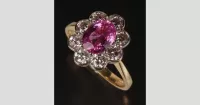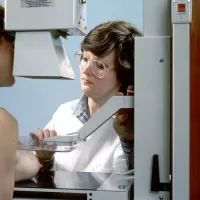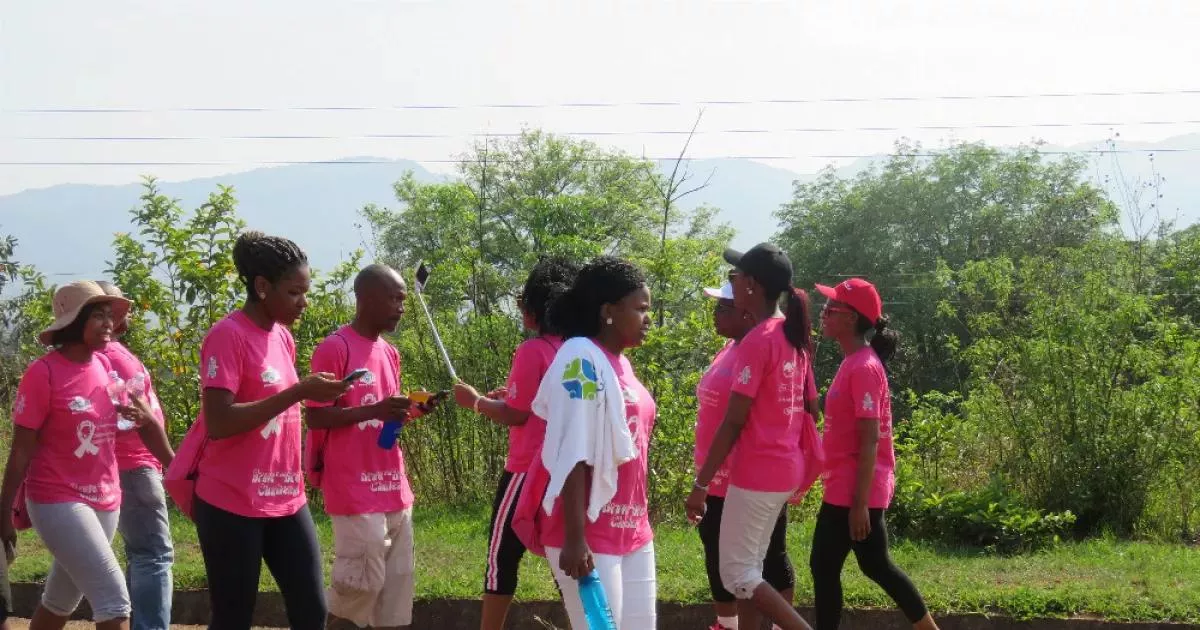Breast Cancer Awareness Month is an annual international health campaign held every October. Organized by major breast cancer charities, its primary goals are to raise awareness about breast cancer and to generate funds for research. These funds support research into the causes, prevention methods, diagnostic techniques, treatment options, and potential cures for the disease. The campaign aims to unite efforts globally in the fight against breast cancer.
October 1983: First Komen Race for the Cure
In October 1983, the first Komen Race for the Cure was held. It is now a year-round event.
1985: National Breast Cancer Awareness Month Created
In 1985, "National Breast Cancer Awareness Month" (NBCAM) was created as a collaborative effort between the American Academy of Family Physicians, AstraZeneca Healthcare Foundation, CancerCare, Inc., and a variety of other sponsors to raise awareness and gain funding for research for a cure.
1985: NBCAM Founded
In 1985, the National Breast Cancer Awareness Month (NBCAM) was founded through a partnership between the American Cancer Society and the pharmaceutical division of Imperial Chemical Industries, now AstraZeneca. The NBCAM aimed to promote mammography as the most effective method in combating breast cancer from the start in 1985.
1989: Zeneca Inc. Screening Program
Inspiration for the foundation of NBCAM came from Zeneca Inc. in 1989 when they began a breast cancer screening program within their company.
1991: Susan G. Komen Foundation uses Pink Ribbons
In the fall of 1991, the Susan G. Komen Foundation handed out pink ribbons to participants in its New York City race for breast cancer survivors.
1993: Breast Cancer Research Foundation and Pink Ribbon Established
In 1993, Evelyn Lauder, Senior Corporate Vice President of the Estée Lauder Companies, founded the Breast Cancer Research Foundation and established the pink ribbon as its symbol.
1996: Zeneca Inc. Analyzes Screening Program Costs
In 1996, Zeneca Inc. analyzed the costs associated with their breast cancer screening program, finding it more cost-effective than not having the program.
2003: NBCAM Justification
According to Pezzullo (2003), AstraZeneca's initial justification for NBCAM was one of basic accounting: it was cost-effective for a company to detect cancer in its employees during the disease’s earlier stages.
2009: Male Breast Cancer Awareness Week Established
In 2009, advocacy groups globally established the third week of October as "Male Breast Cancer Awareness Week".
2010: Delta Plane Painted in BCRF Colors
In 2010, Delta Air Lines painted a Boeing 767-432ER in "Breast Cancer Research Foundation" special colors.
September 2015: Delta Repaints Plane in BCRF Livery
In September 2015, Delta Air Lines repainted a newer version of the "Breast Cancer Research Foundation" special colors on a Boeing 767-432ER plane.
October 2015: Criticism of Pink Products
According to the New York Times in October 2015, fine print disclaimers on pink products sold by Dick's Sporting Goods reveal that in some instances, no money at all is donated to breast cancer research.
Mentioned in this timeline

Dick's Sporting Goods is the largest sporting goods retailer in...

The Boeing Company is a multinational corporation and one of...

Football is a family of team sports primarily involving kicking...

Pink is a pale tint of red named after the...

September is the ninth month of the year in the...

Breast cancer screening aims to detect breast cancer in healthy...
Trending
55 minutes ago Kimberly Birrell faces Tatjana Maria in WTA Dubai 2026 first-round match.
3 hours ago Alaska Airlines Expands International Routes from St. Louis and Introduces New Spring Menus.

4 hours ago Mertens vs. Bouzkova: WTA Dubai 2026 Prediction, Odds, and Preview of the Match
4 hours ago Top Reliable Used Cars for Value in 2026: A Comprehensive Guide

56 minutes ago Janice Tjen Dominates Dayana Yastremska in Dubai WTA 2026 Round 1 Match
5 hours ago Linda Noskova Advances in WTA Dubai: Predictions, Betting Odds, and Tournament Info
Popular

Kid Rock born Robert James Ritchie is an American musician...
Randall Adam Fine is an American politician a Republican who...

Pam Bondi is an American attorney lobbyist and politician currently...

Barack Obama the th U S President - was the...
The Winter Olympic Games a major international multi-sport event held...

XXXTentacion born Jahseh Dwayne Ricardo Onfroy was a controversial yet...
